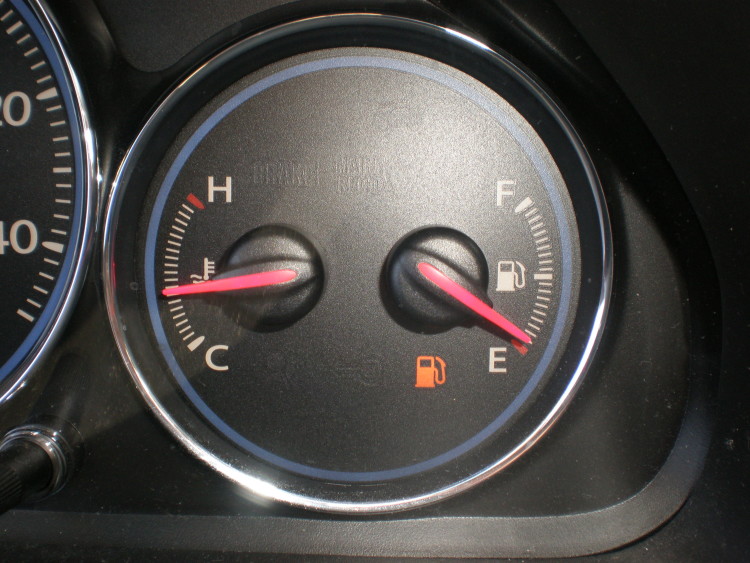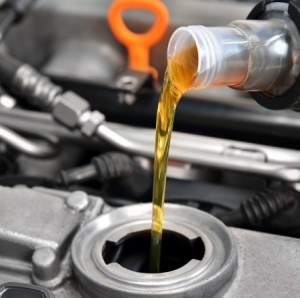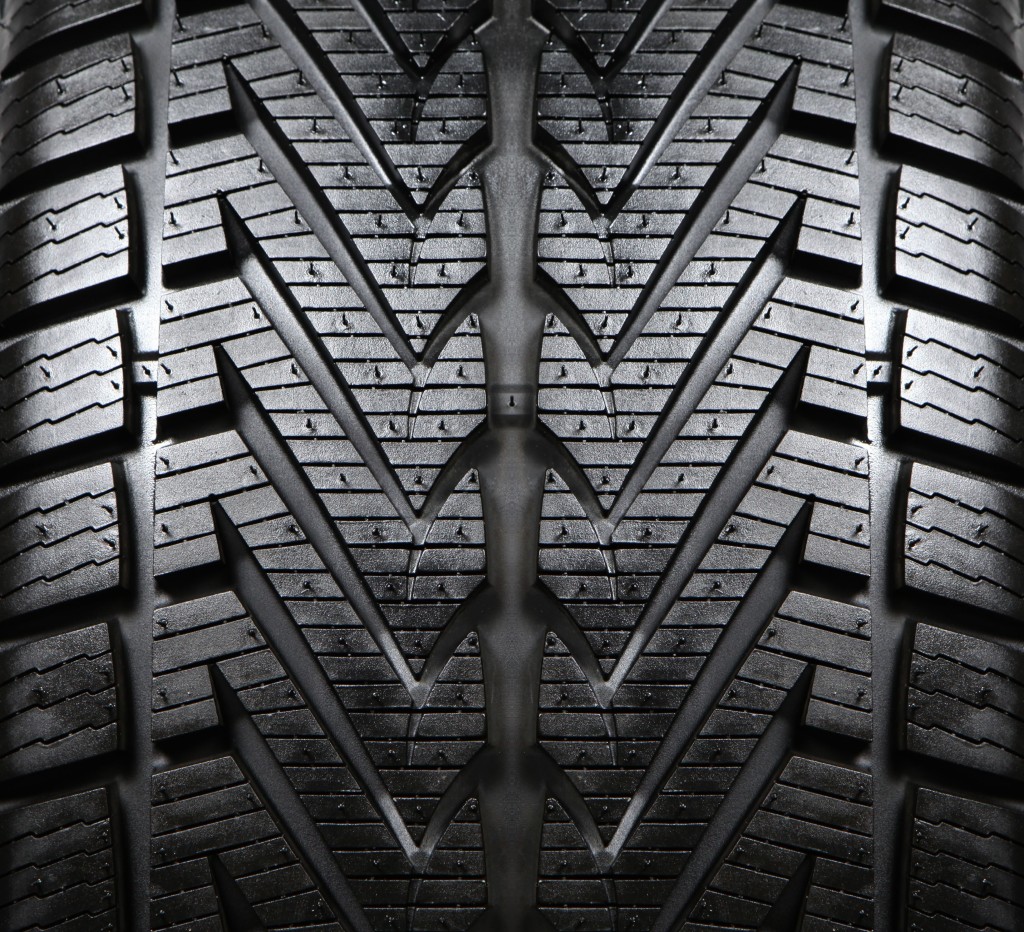What Causes my Car to Overheat?
 Most of the dials on a person’s dashboard are easy to understand and interpret. Everyone knows what makes your speedometer increase and your fuel gauge decrease, but what about your car’s temperature gauge? What causes the dial to creep up towards the big “H”?
Most of the dials on a person’s dashboard are easy to understand and interpret. Everyone knows what makes your speedometer increase and your fuel gauge decrease, but what about your car’s temperature gauge? What causes the dial to creep up towards the big “H”?
There are three main reasons why a car might overheat. They are:
- Loss of coolant
- Inability of the coolant system to get rid of excess heat
- Excess heat in the engine
We’ll examine common problems that cause all three of these issues.
Loss of coolant
Coolant helps regulate the heat in your car. If your coolant is empty, certain parts will begin to “run hot”. If your car’s internal systems begin to overheat, it can cause serious and expensive damage. Leaks in your water pump, radiator, hoses, gaskets or plugs can lead to the loss of engine coolant. Another simple reason why your car may be leaking coolant is because your radiator rap is loose, which allows coolant to spill out. These are usually the first places a mechanic will check to identify the problem with your heating system.
Inability of the coolant system to get rid of excess heat
If the coolant system is unable to flush out the heat produced by the engine, your car will begin to overheat. This usually occurs because there is a clog in the cooling system. Deposits in your cooling system can develop over time, so it’s important to make sure you get routine diagnostics tests. A mechanic will attempt to de-clog the system by doing what is called a “reverse flush”. If your system is extremely clogged, it may be wiser to have the system replaced.
Excess heat in the engine
A working engine typically coverts about one third of the energy derived from the combustion of fuel into work that powers the vehicle. That means about two thirds is converted into heat, which needs to be removed from the engine. Half of the heat in the engine exits the vehicle through the exhaust pipe, while the other half is removed by the coolant. If all the hoses and fluid levels are in working order and your engine is still overheating, you might want to check what type of coolant you are using. Generally speaking, a 50/50 coolant-to-water ratio is recommended. You should double check to make sure the coolant you use has the proper ratio as specified in your owner’s manual.
-
Car Owners Prefer Technology Over Brand Loyalty
 Dec 11, 2014
Dec 11, 2014A new study suggests more car owners are willing to ditch their favorite car brand for upgraded in-car technologies, like active park assist and rear-view cameras. According to the poll conducted by AutoTrader.com, more than half of vehicle owners (56 percent) would switch form their favorite car company to get a vehicle with the technological […]
-
Top 5 Summer Auto Repair Tips
 Jul 9, 2014
Jul 9, 2014Although the July 4th holiday is in the rearview mirror, summer is still in full swing and that means more miles on the odometer. Before you go on your next adventure, consider these five car care tips that will keep your car in top shape during the hot summer months! Oil Change – Regular oil […]
-
What Causes Tires To Wear Out Faster?
 Jun 3, 2015
Jun 3, 2015Your tires are an essential part of your car. The problem is that most people don’t give their tires a second thought unless they get a flat. People believe as long as their tires are inflated, they are in proper working order, but that’s not necessarily true. If you don’t take care of your car’s […]




